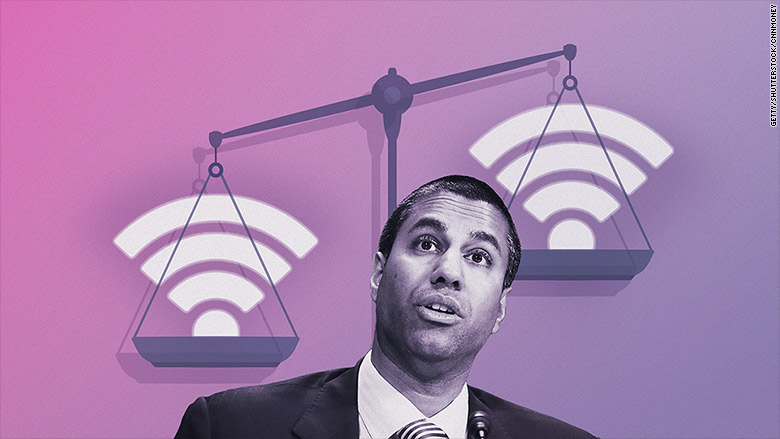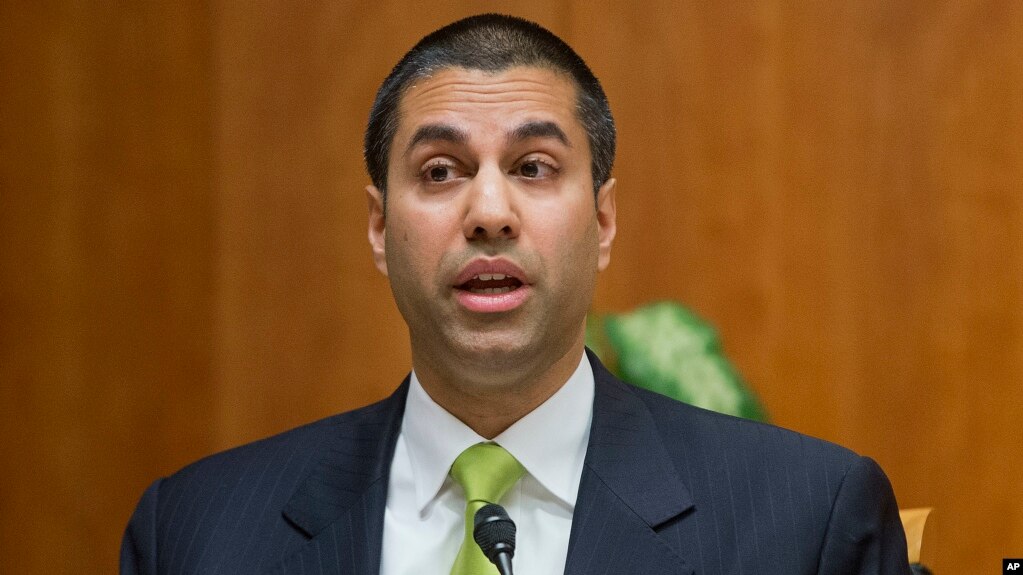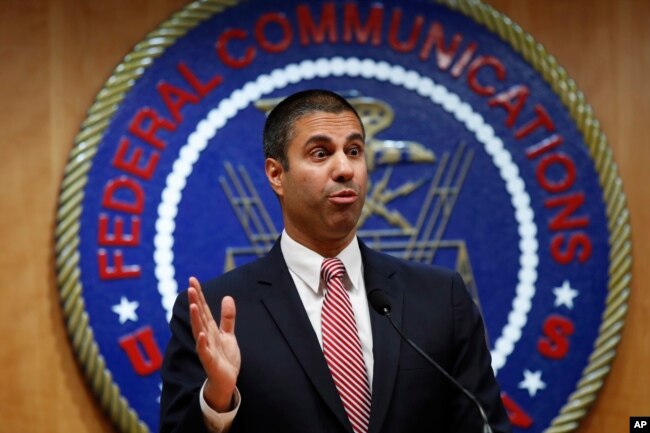HenryBHough
Diamond Member
So far only one major internet service provider has announced it will take full advantage of the court ruling that allows them to sell fast service to some and relegate others to s-l-o-w service. That one is already making big bucks off it and one streaming video outfit is enjoying a big competitive advantage.
Now, if you don't believe that then do your own web search 'cause I'm not your slave and I'm not your doting parent.
With Net Neutrality a thing of the past have you noticed the difference of loading times for sites you regularly use? For example, are some taking an eternity to load - to the point where your browser times out?
Thank the Net Neutrality court decision.
But to make the cheese more binding......
Now folks like George Soros and, of course The Brothers Koch, have nothing to stop them from donating to websites the vast amounts some ISPs will charge to ensure those sites move quickly while others are slowed by the "premium traffic".
Remember that when things slow down.........
Not to say it's happening; just to point that out if/when it does (or has) then that's just tough 'cause the courts say so.
Now, if you don't believe that then do your own web search 'cause I'm not your slave and I'm not your doting parent.
With Net Neutrality a thing of the past have you noticed the difference of loading times for sites you regularly use? For example, are some taking an eternity to load - to the point where your browser times out?
Thank the Net Neutrality court decision.
But to make the cheese more binding......
Now folks like George Soros and, of course The Brothers Koch, have nothing to stop them from donating to websites the vast amounts some ISPs will charge to ensure those sites move quickly while others are slowed by the "premium traffic".
Remember that when things slow down.........
Not to say it's happening; just to point that out if/when it does (or has) then that's just tough 'cause the courts say so.





